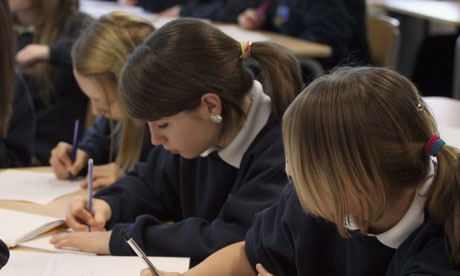FUN and frolics today will bring in millions of pounds for Children in Need — which will then be distributed up and down the country to causes which make a real difference to people’s lives.
One of those to have benefited from Children in Need funding is Boltonbased Bully Free Zone, which has helped hundreds of children and families — and even saved lives.
In the past six years the charity, based in Chorley New Road, has received around £30,000 a year from Children in Need.
Without the grant and other similar sources of funding, the charity would not be able to continue its work in helping victims of bullying.
Since establishing itself 14 years ago, the charity has become an integral part of services available to children and families in Bolton.
Project co-ordinator Kev Walsh said: “This funding is absolutely vital to the Family Support Project we have. Bully Free Zone depends solely on grant funding. We do not get funding from the council or other agencies, although we have referrals from the local authority, the health service and schools.”
He added: “Bully Free Zone has saved lives. We have had young people who have expressed committing suicide or harming themselves. They are now confident and happy and living their lives.”
Many of the young people who have been helped by the charity are now volunteers with Bully Free Zone.
The charity also works with perpetrators of bullying, helping them to deal with issues such as anger management and peer pressure. It also helps set up prevention schemes in schools.
Unfortunately, the Children in Need funding will run out in April and the charity will have to look for other sources of funding to carrying on its work.
Mr Walsh said the charity needed the help of the community and appealed to businesses to lend their expertise as well as local people.
Children in Need mascot Pudsey Bear kickstarted the marathon fundraising effort in Bolton today. The bear will be taken to primary schools to collect money raised by children who wore yellow for the day and took part in “baking a bear”.
He made a surprise visit to The Oaks in Sharples yesterday and today he will revisit the school, along with Sharples Primary and Gaskell Street Primary to collect the money.
Also getting in on the act today will be St Paul’s CE Primary in Astley Bridge, which is organising a St Paul’s has got Talent event for staff and pupils.
Chris Baldwin, community colleague at Asda, said: “We get behind Children in Need every year and this year hope to raise more money than ever before.
“Children are paying a £1 to wear yellow and have been given plastic cutters to make Pudsey to sell to family and friends.”
● Anybody who can help Bully Free Zone by holding fundraising events — or businesses which can help — can contact the charity on 01204 454 958.
(From
The Bolton News)
